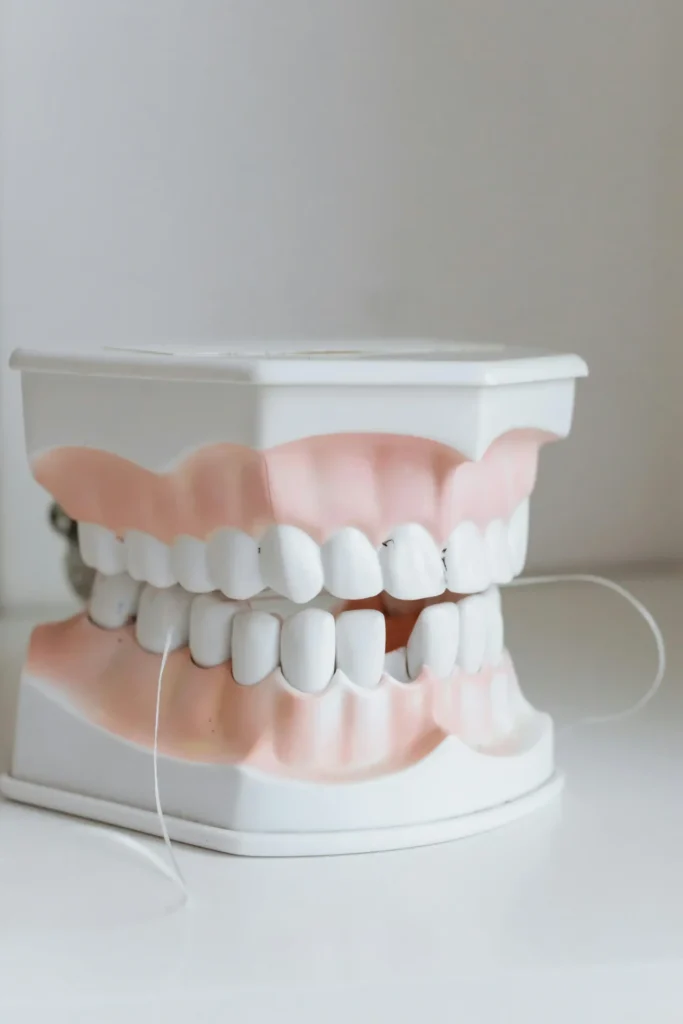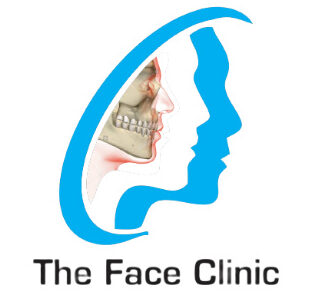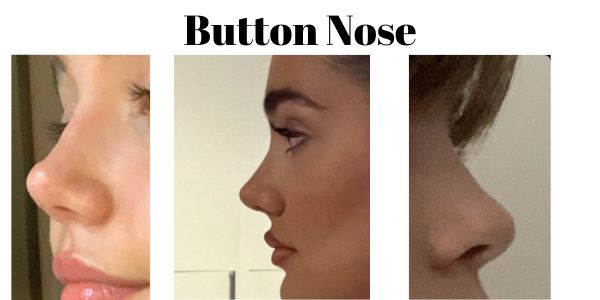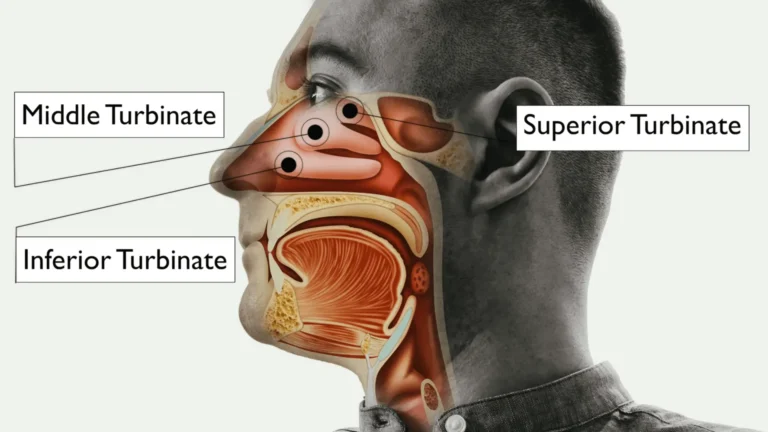If you’re missing teeth, dentures are an effective solution to restore your smile and confidence. Dentures can help you chew, speak, and enhance your facial appearance. However, choosing between removable dentures and permanent dentures is crucial for long-term comfort and aesthetics. At The Face Clinic, we guide patients through understanding these options to help you make the best decision.
What Are Removable Dentures?
Removable dentures are dental appliances that can be taken out for cleaning and replaced when needed. They come in both partial and complete sets, depending on how many teeth need replacing. These dentures are often held in place with clasps, suction, or dental adhesive, and they’re generally made of durable materials like acrylic or metal.
At The Face Clinic, our removable and affordable dentures are designed to fit comfortably and look natural. With advancements in materials and techniques, today’s removable dentures can support facial muscles and help maintain a youthful appearance. Like natural teeth, they require daily care, including brushing and soaking.

What Are Permanent Dentures?
Permanent dentures are anchored to the jawbone using dental implants, offering a more secure and lasting solution. While they can be fixed permanently, some are designed with connectors that allow for removal by a dentist if needed. Made from high-quality materials like porcelain, permanent dentures can also replace partial or complete sets of teeth.
The Face Clinic specializes in dental implants, ensuring a secure fit that mimics the look and feel of natural teeth. Permanent dentures offer unparalleled stability and don’t slip or shift during daily activities like eating and speaking.
Related Article: Pain After Root Canal Treatment
Pros and Cons of Removable Dentures
Pros:
Affordable and Accessible:
Removable dentures are generally more affordable compared to permanent dentures since they don’t require surgical procedures or the use of dental implants. This makes them a more accessible option for people on a budget or those looking for a less invasive solution.
Easy to Clean and Maintain:
Since they can be taken out, cleaning removable dentures is a straightforward process. You can brush them just like your natural teeth and soak them overnight to keep them fresh and sanitized. This feature also helps prevent gum irritation and infection caused by trapped food particles.
Flexible and Adaptable to Oral Changes:
Removable dentures can be adjusted over time. If your mouth shape changes due to bone loss or other factors, your dentist can modify the fit to ensure comfort. This adaptability can be helpful if you expect your dental structure to change in the future.

Non-Invasive:
Unlike permanent dentures, removable dentures don’t require surgery or implants. This means no recovery time from dental procedures, making them a less intimidating option for patients who may not be suitable for surgery or prefer to avoid it altogether.
Suffering from Eczema or Itching on Face?, Read this: Treatment of Eczema on face
Cons:
- Less Stable; May Shift During Eating or Speaking:
Removable dentures are not fixed in place, which means they can sometimes move or shift while you’re eating, speaking, or laughing. This can cause discomfort and may require you to use denture adhesive to hold them in place, which isn’t always 100% effective. - Can Cause Discomfort if Poorly Fitted: If your removable dentures don’t fit properly, they can rub against your gums and cause soreness, irritation, or even sores in your mouth. Over time, this discomfort can interfere with your daily activities like eating or talking.
- Requires Regular Removal for Cleaning:
Removable dentures need to be taken out every night for cleaning and soaking. This daily removal process can be inconvenient for some people, especially if they prefer a more permanent solution. Additionally, improper cleaning can lead to hygiene issues, such as bad breath or infections.
Anti-Aging? Read this: Top 10 Benefits of Face lift
Pros and Cons of Permanent Dentures
Pros:
- More Stable and Secure Than Removable Dentures:
Permanent dentures are anchored to the jawbone using dental implants, providing excellent stability. They won’t move, shift, or fall out while you’re eating or speaking, which can be a major advantage for many patients who want to avoid the instability of removable dentures. - Feels and Looks Like Natural Teeth:
Permanent dentures mimic the appearance and functionality of natural teeth. They are custom-made to blend seamlessly with your remaining teeth (if any) and your smile, offering a more natural and aesthetically pleasing look. - Long-Lasting and Durable:
Made from high-quality materials such as porcelain or ceramic, permanent dentures are built to last for many years, often decades, without needing frequent replacements. This durability means fewer long-term costs, even though the initial investment is higher. - Prevents Bone Loss by Stimulating the Jaw:
The dental implants used in permanent dentures stimulate the jawbone, which helps prevent bone loss—a common issue when teeth are missing. This bone stimulation can help maintain the shape and structure of your face, preventing the sunken appearance often seen with tooth loss.
Read Article: Hair Transplant Benefits and Negatives
Cons:
- More Expensive and Involves Surgery:
Permanent dentures are more costly upfront than removable ones due to the surgical placement of dental implants. The process requires multiple visits to the dentist, implant materials, and surgical expertise. For some, the cost may be prohibitive, and dental insurance may not cover the entire expense. - Not Removable for Daily Cleaning:
Unlike removable dentures, permanent dentures are fixed in place and cannot be taken out for cleaning. While this can be convenient, it also means that cleaning requires special care, similar to natural teeth, and can be more difficult in certain cases. Extra attention must be paid to oral hygiene to avoid complications like infections or gum disease. - Requires a Longer Healing Process After Implantation:
The procedure for placing permanent dentures involves surgery, which requires time for healing. The dental implants need to fuse with the jawbone through a process called osseointegration, which can take several months. During this period, patients may need to follow specific aftercare guidelines and experience some discomfort.
How to Choose the Best Option for You?
At The Face Clinic, we believe every patient deserves personalized care. The choice between removable and permanent dentures depends on factors such as your budget, lifestyle, and overall oral health. During your consultation, our expert team will assess your needs and recommend the best option for you. Whether you choose removable or permanent dentures, we ensure you’ll leave with a smile you’re proud to show off.
Contact The Face Clinic for Your Denture Consultation
Ready to restore your smile with custom dentures? Schedule your consultation at The Face Clinic today. Call us at [Your Clinic’s Phone Number] or fill out our online form. Our dedicated team looks forward to providing you with top-quality care and helping you choose the best denture solution for your needs. We proudly serve patients from [Location] and surrounding areas.
How much do dentures cost?
Dentures typically range from $200 to $5,000 depending on the type (full or partial) and material used. Costs can vary based on the complexity of the case and the location of the dental practice.
How much are dentures?
The cost of dentures varies widely, with prices ranging from $400 to $6,000. Full dentures generally cost more than partial dentures.
How much do dentures cost with extractions and insurance?
The cost of dentures with extractions can vary based on your insurance coverage. On average, you might expect to pay between $1,000 and $3,000 after insurance.
How much do snap-in denture implants cost?
Snap-in denture implants typically cost between $3,000 and $7,000 per arch depending upon your location of residence and country
Does Medicare cover dentures?
Medicare generally does not cover dentures. However, some Medicare Advantage plans may offer coverage.
What are dentures made of?
Dentures are commonly made from acrylic resin, sometimes combined with metal. Some dentures may also include porcelain.
What is the best denture adhesive?
The best denture adhesive varies by individual preference and needs. Popular brands include Fixodent, Poligrip, and Super Poligrip.
How to clean dentures?
Dentures should be cleaned daily with a denture cleaner. It’s important to avoid regular toothpaste as it can be too abrasive. Rinse dentures after every meal and soak them overnight.
Can you eat with dentures?
Yes, you can eat with dentures, though it may take some practice to adjust to new eating habits.
How long do dentures last?
Dentures typically last between 5 to 10 years, but this can vary based on care and changes in your mouth.
How long does it take to get dentures?
The process to get dentures can take several weeks, including time for fittings and adjustments.
How should dentures be kept when not being worn?
When not in use, dentures should be kept in a denture cleaning solution or plain water to prevent them from drying out.
How do you get really stuck cushion grip off dentures?
To remove stuck cushion grip, you can use a denture adhesive remover or soak the dentures in warm water to soften the adhesive.
Can partial dentures cause tooth sensitivity?
Partial dentures should not cause tooth sensitivity if properly fitted. If you experience sensitivity, consult your dentist.
What is a partial denture?
A partial denture is a removable appliance used to replace one or more missing teeth. It typically consists of a gum-colored base with artificial teeth.
Why do my dentures have a fishy smell?
A fishy smell can be due to food particles or bacteria buildup. Regular cleaning and proper storage can help prevent this issue.
How to whiten dentures?
Dentures can be whitened using specific denture-cleaning products. Avoid using regular bleach or whitening products as they can damage the dentures.
Can you sleep with dentures?
It is generally recommended to remove dentures at night to allow your gums to rest and to maintain oral health






